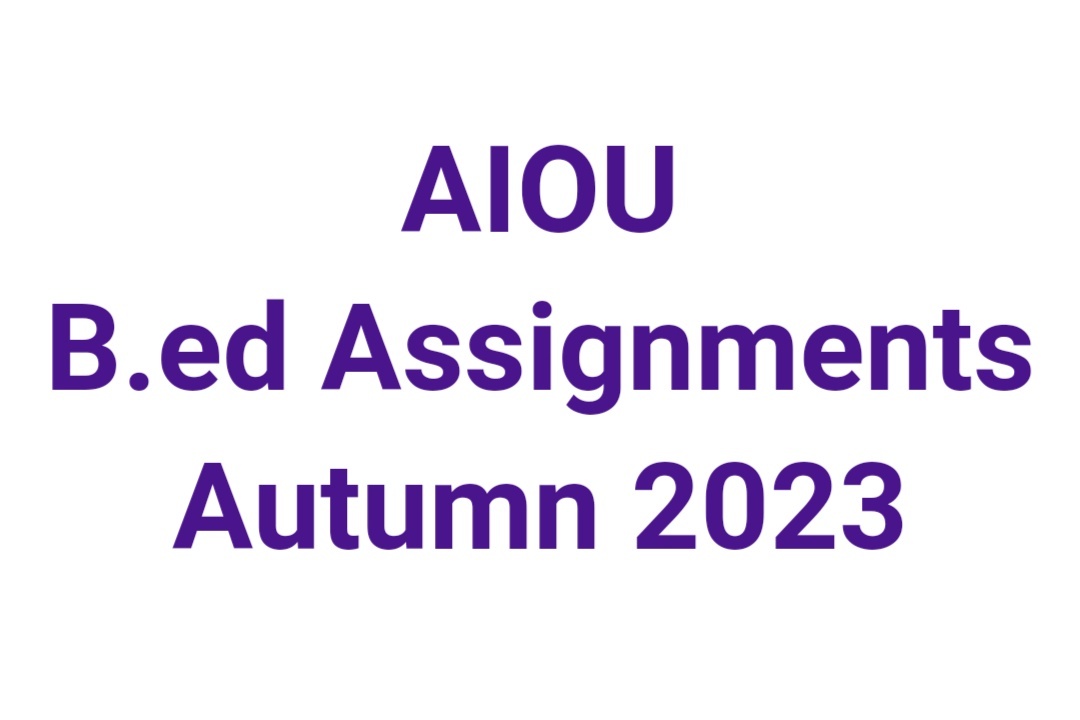Evaluation in education involves assessing students' learning, performance, and educational programs. There are various models of evaluation, each with its unique approach. Some common models include:
1. Formative Evaluation:
- Focus: Ongoing assessment during the learning process.
- Purpose: To provide continuous feedback to improve learning, guide instruction, and identify areas needing improvement.
- Methods: Quizzes, assignments, class discussions, and teacher-student interactions.
- Advantages: Helps in immediate intervention, encourages student involvement, and supports personalized learning.
2. Summative Evaluation:
- Focus: Assessment at the end of a course, program, or academic year.
- Purpose: To measure overall learning outcomes, determine grades, and make decisions about student progression.
- Methods: Final exams, standardized tests, end-of-term projects.
- Advantages: Provides a summary of learning achievement, assesses cumulative knowledge, and helps in certification and accountability.
3. Criterium-Referenced Evaluation:
- Focus: Evaluation based on predetermined criteria or standards.
- Purpose: To assess whether students have achieved specific learning objectives or standards.
- Methods: Rubrics, checklists, and performance-based assessments.
- Advantages: Focuses on mastery of content, provides clear criteria for assessment, and measures individual student achievement against set standards.
4. Norm-Referenced Evaluation:
- Focus: Comparison of students' performance with their peers.
- Purpose: To rank students based on their relative performance in a group.
- Methods: Standardized tests, percentile ranks, and grading on a curve.
- Advantages: Provides information about where a student stands in relation to others, helps in identifying high and low achievers.
Which Model is Better in Schools and Why?
The effectiveness of an evaluation model in schools depends on various factors, including the educational context, goals, and the intended outcomes. There's no one-size-fits-all approach, and each model serves a specific purpose.
Formative Evaluation is highly beneficial in schools as it focuses on continuous feedback, supporting student learning and growth. It allows for immediate adjustments in teaching strategies, encourages student participation, and fosters a learning-centric environment.
Combining Formative and Summative Evaluation can be an optimal approach in schools. While formative evaluation aids in ongoing improvements, summative evaluation provides a comprehensive overview of learning outcomes, helping in decision-making regarding student progression and certification.
Criterion-Referenced Evaluation is essential in ensuring students meet specific learning objectives and standards. It promotes mastery learning and aligns assessment with educational goals, making it valuable for curriculum-based assessments.
The most suitable evaluation model for schools may vary based on the educational objectives, the need for feedback, and the nature of assessments. A combination of formative and summative evaluation, supplemented by criterion-referenced assessment, could offer a holistic approach to evaluation in schools, catering to both learning improvement and outcome measurement.





0 Comments